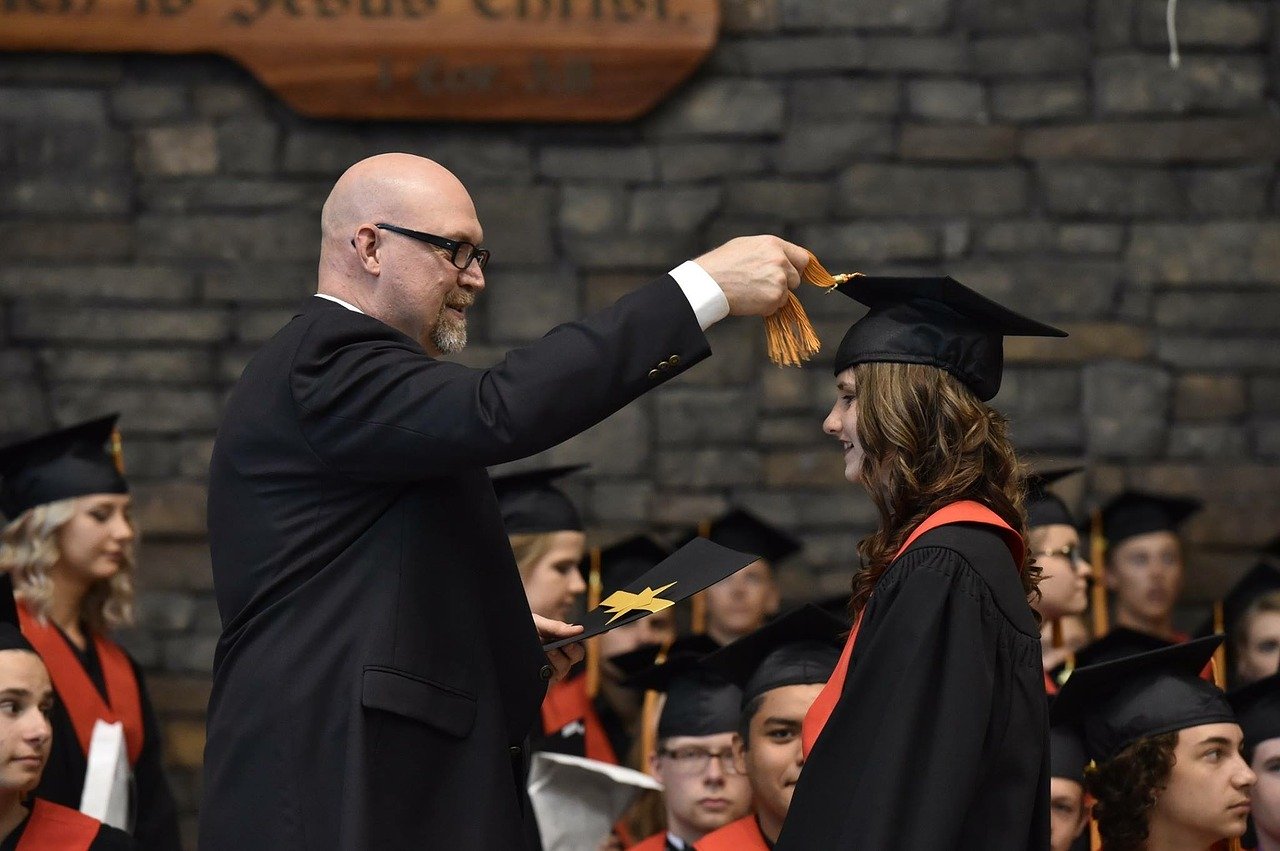Dr Gregory Chin is the Director of Education at SENS Research Foundation. Coincidentally, Govind and I have both emailed Dr Gregory Chin for advice about universities in the past. Here is what we assimilated…
Which biological degree should I study?
Whether it’s biology, biochemistry, biotechnology, biomedical sciences, bio-engineering, even microbiology – It doesn’t matter. All of these programs aim to give students a solid grounding in Genetics, Biochemistry, Physiology, Cell Biology and Molecular Biology before anything else. You should pursue the degree that interests you the most. The topics that interest you will shape the postgraduate degree that you will pursue later.
What should I consider when choosing a university?
It would be beneficial to search for universities that are research-intensive:
- IISERs, IISc, Bangalore, etc. – Entrance exams required (India)
- Russell Group universities (United Kingdom)
- R1 universities (United States)
This will make it easier to gain research experience whilst you’re at university. Some universities offer integrated masters programs and have scholarships. This could be a seamless gateway to enter into PhD programs in your country or to get a scholarship to do your PhD elsewhere.
|
Note about the United States If you want to do a PhD in the US as an international student, it is advisable to have a masters degree. Otherwise, you will have to take a year of college courses before you can start the program. |
What should I be doing at university?
The most important thing you can do while you are at university is to seek research opportunities. If you wish to pursue a career in research, experience is your gateway to that career. Coursework is fine, but research experience with companies is generally valued much higher than grades (up to a certain point). It’ll never be easier to find volunteer research opportunities than while you are at a university. It may take resilience to find a professor that is willing to give you a chance, so don’t despair if you can’t find a lab right away. However, it’s never too early to start asking, particularly if you like the professor or teaching assistant for a course.
Do my research opportunities need to be aging-related?
Don’t worry about the type of research too much at first. You may aim to pursue aging research, but at the outset you’re just trying to get practical research experience in the lab.
Note that most scientists don’t actually settle on their precise field of research until graduate school or even their postdoctoral fellowship. So, you have plenty of time to try things out and figure out what interests you most and where you have the most aptitude.
If you have any further questions, you can contact Dr Gregory Chin








Awesome site! Very informative and visually appealing. We also provide inspirerende gastlessen at schools — might be interesting to you!